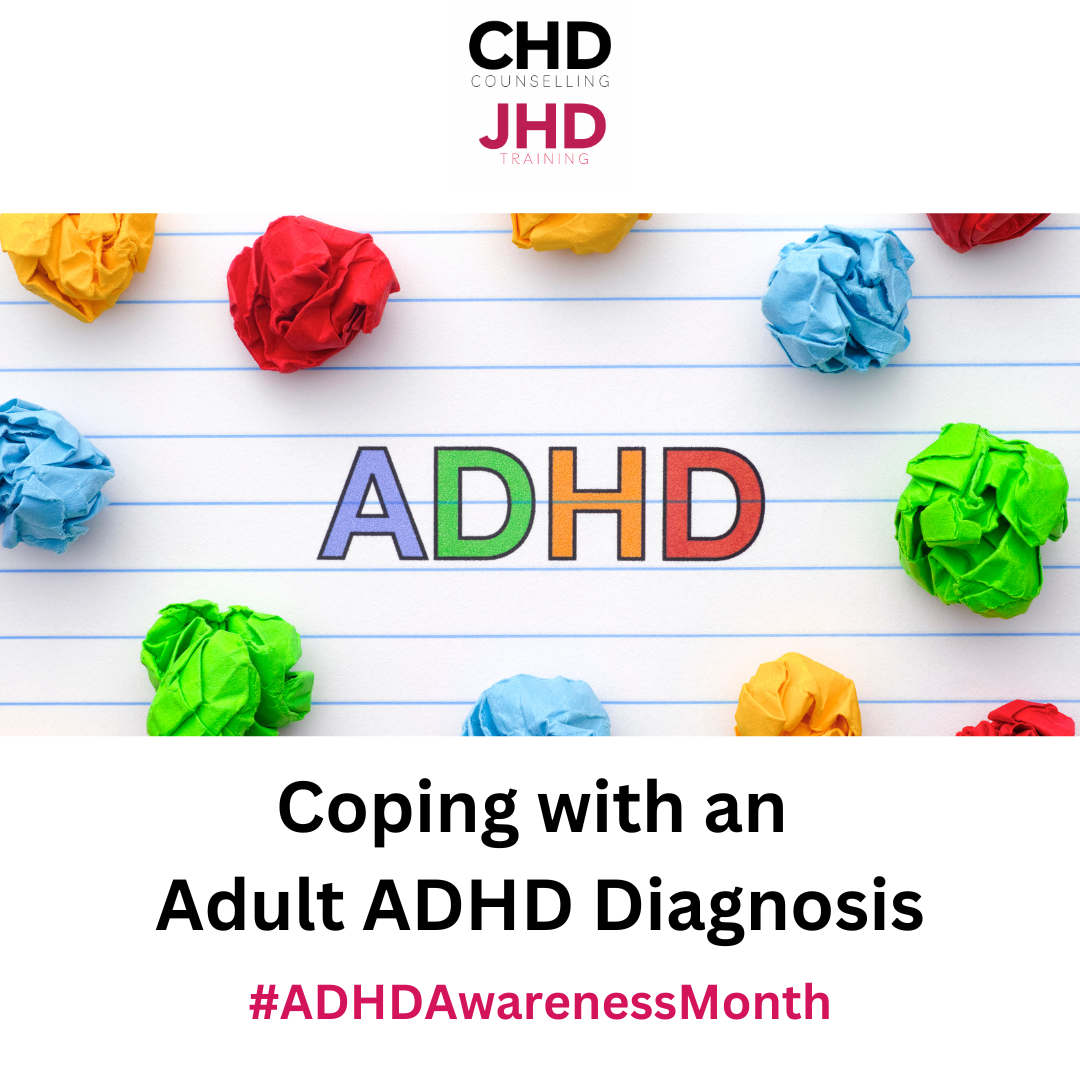How to Stay Positive for the New Year When You Feel Low
The new year is often a time for resolutions, fresh starts, and overflowing optimism. But what if you're not feeling the usual excitement? Maybe you're facing holiday blues, post-festive letdown, or the weight of uncertainty about the year ahead.
It's perfectly normal to feel low as the new year rolls in. The pressure to be joyful and motivated can actually make things worse. Instead of forcing yourself into a false sense of positivity, focus on acknowledging your feelings and practicing self-compassion.
Here are some tips to help you navigate this emotional low and cultivate genuine positivity for the new year:
1. Reframe your expectations.
The new year doesn't have to be a magical reset button. Instead of setting grand goals that feel overwhelming, focus on small, achievable steps. Celebrate progress, not perfection. Remember, progress, not perfection.
2. Embrace gratitude.
It's easy to get caught up in what we lack, but taking the time to appreciate what we have can shift our perspective. Make a list of things you're grateful for, no matter how small. This could be anything from good health to supportive friends to a cozy evening at home.
3. Focus on self-care.
When you're feeling low, it's important to prioritize your well-being. Make sure you're getting enough sleep, eating healthy foods, and exercising regularly. These activities may not seem like much, but they can have a big impact on your mood and energy levels.
4. Connect with loved ones.
Social connection is essential for our mental and emotional health. Spend time with people who make you feel good and supported. Share your feelings with them and offer your support in return.
5. Be kind to yourself.
Remember, you're not alone in feeling this way. Many people struggle with the pressure of the new year. Allow yourself to feel your emotions without judgment. Practice self-compassion and treat yourself with the same kindness you would offer a friend.
6. Celebrate small wins.
Don't wait for big achievements to celebrate. Take the time to acknowledge and appreciate even the smallest victories, like making it through a tough day or sticking to a new habit. Every step forward is worth celebrating.
7. Find inspiration.
Read books or articles about resilience and overcoming challenges. Listen to uplifting music or watch inspiring movies. Surround yourself with positive people and messages.
8. Seek professional help if needed.
If you're struggling to cope with your feelings on your own, don't hesitate to seek our help. A JHD therapist can provide you with tools and support to manage your emotions and develop healthy coping mechanisms.
Remember, the new year is a fresh start, but it doesn't have to be a complete transformation. Focus on small changes, practice self-compassion, and celebrate your journey. By taking care of yourself and embracing your authentic feelings, you can cultivate genuine positivity and set yourself up for a happy and fulfilling year ahead.
We hope this blog post helps you navigate the ups and downs of the new year and find your own path to positivity. Remember, you are not alone, and you have the strength and resilience to overcome any challenge that comes your way.



